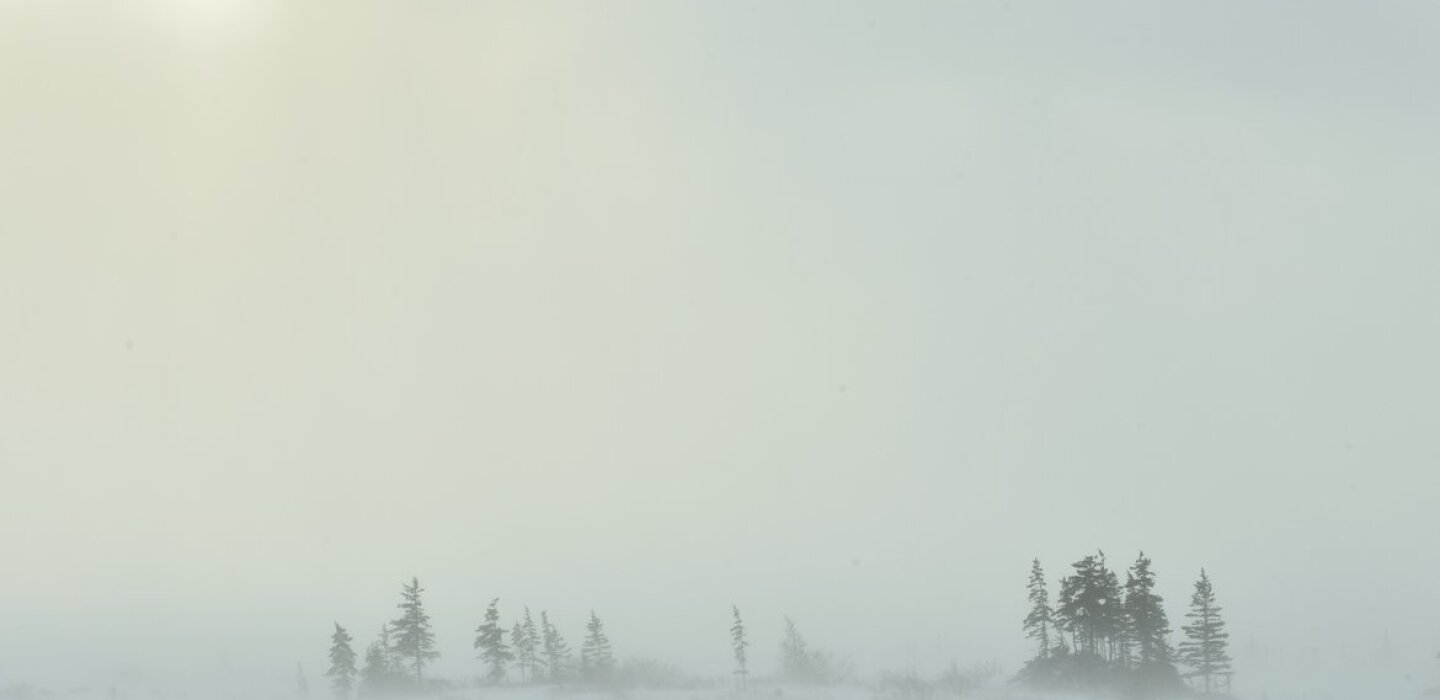
Hurricane Victims Need Our Help as Cold Creeps In
(TNS) — In western North Carolina, the cold is creeping in. Autumn usually gives way to winter early in the mountains, but this year it comes at a precarious time, when many residents are still suffering in the aftermath of Hurricane Helene.
There is plenty going on in our nation in the aftermath of the recent election, just as families here in Hampton Roads deal with their daily challenges and turn their attention to the upcoming Thanksgiving holiday. But we must not forget those areas where storm recovery is ongoing and our fellow Americans who will need our help in the months and perhaps years to come.
Hurricane Helene was a powerful Category 4 system when it made landfall in Florida’s Big Bend region on Sept. 26, walloping the area with powerful winds and a destructive storm surge. But its progress north, into the southern Appalachian mountains, brought misery of a different sort.
In western North Carolina, eastern Tennessee, northern Georgia and southwest Virginia, communities recorded record rainfall — more than 30 inches in a span of a few hours in some places — that caused widespread, destructive flooding. Roads and bridges were washed away along with homes, businesses and other infrastructure.
Affected residents and emergency responders described “biblical” flooding and mountain towns that were more representative of war zones than the picturesque communities they were before the storm. Communication was complicated by a lack of cellphone towers; storm response was inhibited by an inability to reach those well outside of larger cities, such as Asheville.
Federal and state resources flowed quickly to those in need, recognizing that time was essential for victims without access to clean drinking water, food supplies and shelter. That includes Virginia, where Gov. Glenn Youngkin and his administration worked with Washington to ensure places such as Pulaski, Giles and Washington counties had their short-term needs addressed swiftly.
But now comes the hard part.
As Hampton Roads residents know all too well, recovery from destructive flooding isn’t something that wraps up once the water recedes. The process of cleaning up and rebuilding takes considerable time and plenty of money. Victims are often left in the lurch as they wait for insurance claims to be reviewed or to find contractors to repair damage to their homes. It is frustrating and exhausting.
That’s more true in places unaccustomed to flooding, where people lack federal insurance that can offset losses, and in locations where entire communities must be rebuilt or reimagined for a more sustainable future. This should be a once-in-a-generation storm, but we also live in an era where extreme weather disasters are more frequent and destructive than ever before.
So dealing with Helene’s aftermath in places such as western North Carolina requires more than providing fresh water for as long as it takes to repair municipal water systems. It also means building back in a way that can help mitigate future flooding — carefully, thoughtfully and deliberately.
While communities such as Asheville or those harder hit throughout the region cannot eliminate risk, they can reduce the likelihood it puts people in harm’s way. But that will take time — time that those living in hotel rooms or taking shelter in darkened homes would rather not spare.
What’s important now, more than anything, is not losing sight of these Americans, not allowing them to be forgotten amid the endless cycle of news, and making sure we’re providing them with the resources they need to endure amid so much hardship.
Lawmakers in Richmond and Washington, as well as local officials, must take the lead on that. But Hampton Roads residents can also do their part by remembering Helene’s victims when considering their end of the year donations. Groups such as the United Way of Southwest Virginia (unitedwayswva.org) and the North Carolina Community Foundation (nccommunityfoundation.org) are on the ground and doing important work at an hour of tremendous need.
The winter is creeping in, and those in flood-ravaged communities need all the help they can get.
© 2024 The Virginian-Pilot. Distributed by Tribune Content Agency, LLC.


Average Rating